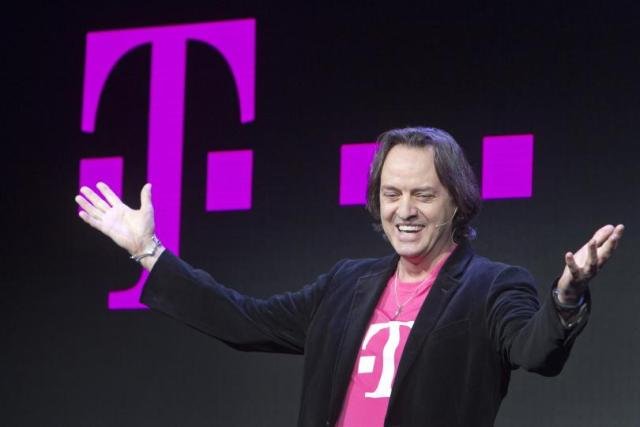T-Mobile has launched a call protection feature with Comcast to protect customers from answering robocalls and spams.
 Robocalls, automated telephone calls that deliver a recorded message, typically on behalf of a political party or telemarketing company, is emerging as a major issue for wireless customers.
Robocalls, automated telephone calls that deliver a recorded message, typically on behalf of a political party or telemarketing company, is emerging as a major issue for wireless customers.
T-Mobile, the third largest telecom carrier in the US, said its feature identifies authentic calls across the networks with the sign Caller Verified appearing on smartphone screens.
The feature will be available to T-Mobile and Metro by T-Mobile customers on certain smartphone devices by Samsung Electronics and LG Electronics. The mobile carrier is working with other phone makers like Apple to launch the feature in the near future.
Last month, 5.2 billion robocalls were placed, an average of 168.8 million per day, according to YouMail, a robocall management company that tracks the volume of calls. Scams make up about 40 percent of all robocalls.
T-Mobile said its new feature will be available for Comcast Xfinity Voice home phone service customers later in the year.
Comcast Cable said its telecom engineers played a key role in developing this technology for the entire industry.
Eric Schaefer, GM of Broadband and Communications Services at Comcast Cable, said: “We will be exchanging authenticated calls with more providers across the industry as we come together to tackle this problem.”
The feature uses an industry standard, called “Secure Telephony Identity Revisited (STIR) and Secure Handling of Asserted information using toKENs (SHAKEN),” or STIR/SHAKEN, to identify authentic calls across the networks.
In February, Federal Communications Commission (FCC) Chairman Ajit Pai told major telecommunications providers that the agency would step in if they failed to implement the standard to fight robocalls this year.
“Robocalls and spam calls are an industry-wide problem, and we’ve got to join forces to keep consumers protected. Today, we’re the first to cross industry lines to do just that,” said John Legere, chief executive of T-Mobile.
While T-Mobile claims to be the first to implement the feature across two networks, AT&T in March announced that it had tested the first STIR/SHAKEN-authenticated call between two different telecom networks with Comcast, Reuters reported.
